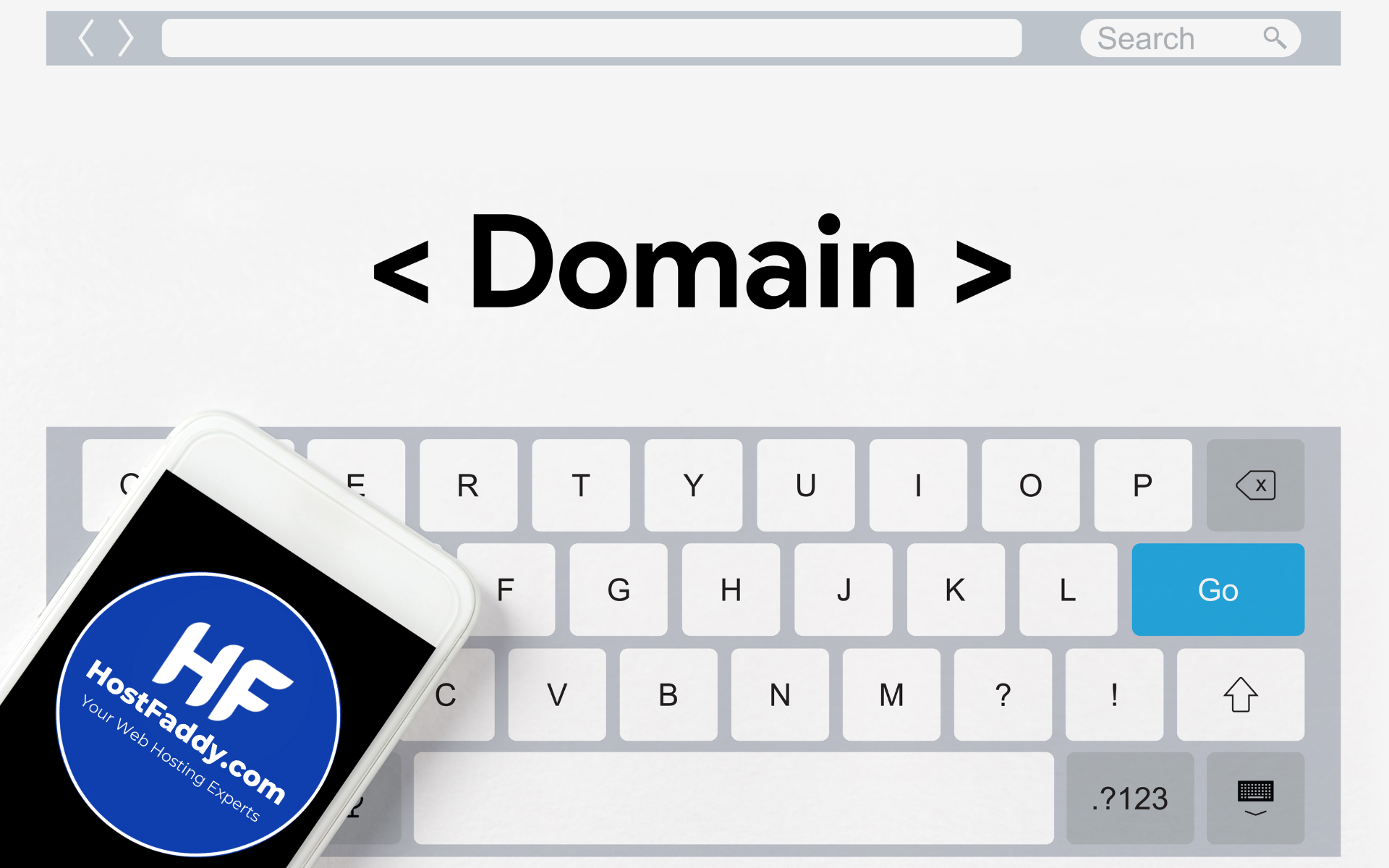A domain name registration email is a crucial aspect of owning and managing a website. When you register a domain name, your email is used for communication, verification, and administrative purposes. Ensuring you use a reliable and secure email address is essential to avoid issues with domain management, renewals, and security notifications.
In this article, we’ll explore the importance of a domain name registration email, how to choose the best email address for domain registration, and best practices to keep your domain and email secure.
What Is a Domain Name Registration Email?
A domain name registration email is the email address associated with your domain name when it is registered with a domain registrar. This email serves as the primary contact for important notifications, including:
- Domain renewal reminders
- WHOIS verification notices
- Security alerts and DNS changes
- Ownership verification and transfer requests
The domain registration email plays a key role in domain management, making it essential to keep it secure and up-to-date.
Why Is a Domain Name Registration Email Important?
1. Essential for Domain Ownership Verification
When you register a domain, you must verify ownership through a confirmation email sent to the registered address. Failure to verify may result in suspension or cancellation of your domain.
2. Critical for Domain Renewals
Registrars send renewal reminders to the domain registration email. If you miss these notifications, your domain may expire, leading to downtime or loss of ownership.
3. Protection Against Unauthorized Transfers
A valid email ensures you receive alerts about unauthorized domain transfer attempts, allowing you to take immediate action.
4. Important for WHOIS Compliance
Domain registrars require valid contact details for WHOIS records. Keeping your email updated ensures compliance with ICANN regulations.
How to Choose the Best Email for Domain Registration
1. Use a Permanent and Professional Email
Avoid using temporary or free email services (e.g., Yahoo, Gmail) if possible. Instead, use a business email (e.g., admin@yourdomain.com) to maintain a professional presence.
2. Ensure Security and Accessibility
Choose an email that you can access at all times. Use two-factor authentication (2FA) and strong passwords to prevent unauthorized access.
3. Separate Domain Email from General Use
Using a dedicated email for domain registration reduces spam and enhances security.
4. Keep It Updated
Regularly update your domain email in case of personnel changes or if you switch email providers.
Best Practices for Securing Your Domain Registration Email
1. Enable Two-Factor Authentication (2FA)
Adding 2FA adds an extra layer of security, making it harder for hackers to access your domain email.
2. Use a Strong Password
Ensure your email password is complex and unique. Avoid reusing passwords across multiple accounts.
3. Regularly Monitor Your Email
Check your email frequently for important notifications regarding your domain’s status, renewal reminders, and security alerts.
4. Whitelist Your Registrar’s Email Address
To prevent important emails from landing in your spam folder, whitelist your domain registrar’s email address.
5. Consider WHOIS Privacy Protection
WHOIS privacy protection hides your domain email from public databases, reducing spam and phishing attacks.
How to Update Your Domain Registration Email
If your email address changes, update it in your domain registrar’s control panel by following these steps:
- Log in to your registrar account
- Navigate to domain settings
- Update the contact email address
- Verify the new email through the confirmation link sent by your registrar
- Ensure your email is now listed in WHOIS records (if applicable)
Conclusion
Your domain name registration email is a vital component of domain management. It plays a crucial role in ownership verification, security notifications, and renewal reminders. Choosing a secure, permanent, and professional email address, combined with best security practices like 2FA and WHOIS privacy protection, ensures that your domain remains safe and under your control.
By keeping your domain registration email updated and secure, you can avoid common pitfalls like domain expiration, unauthorized transfers, and security breaches. If you’re looking for a reliable domain registration service, consider using HostFaddy, one of the best web hosting and domain registration providers in South Africa.








